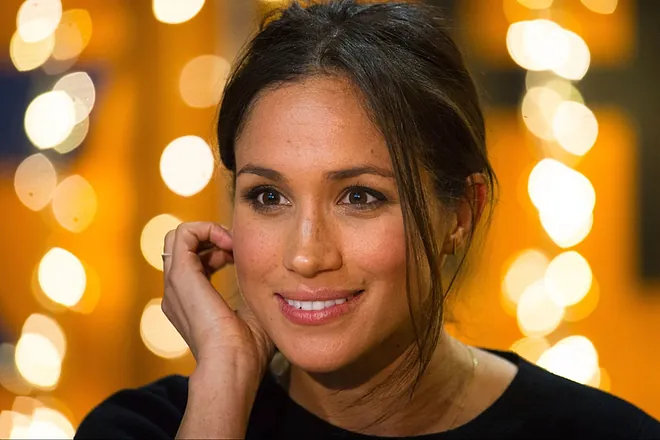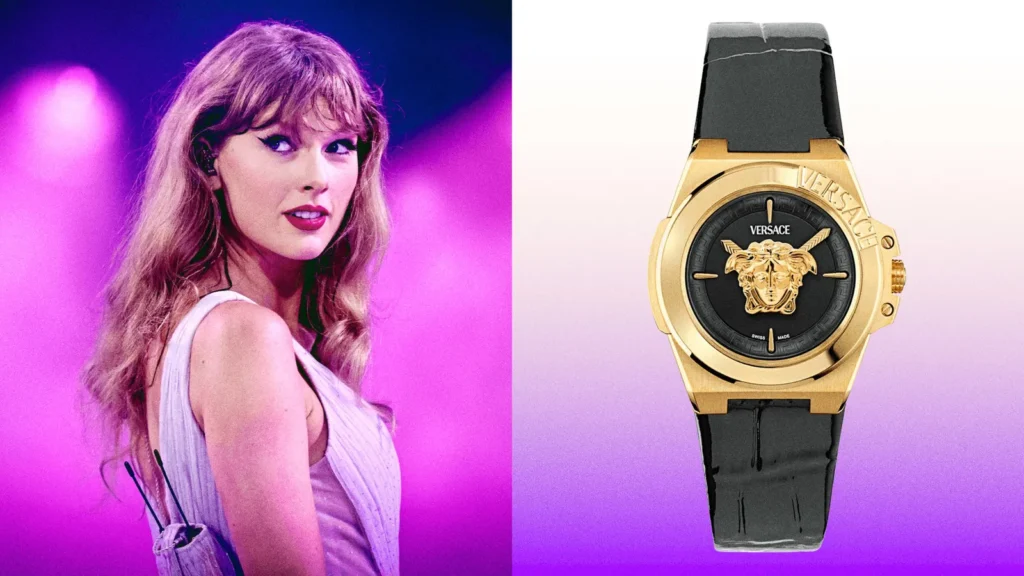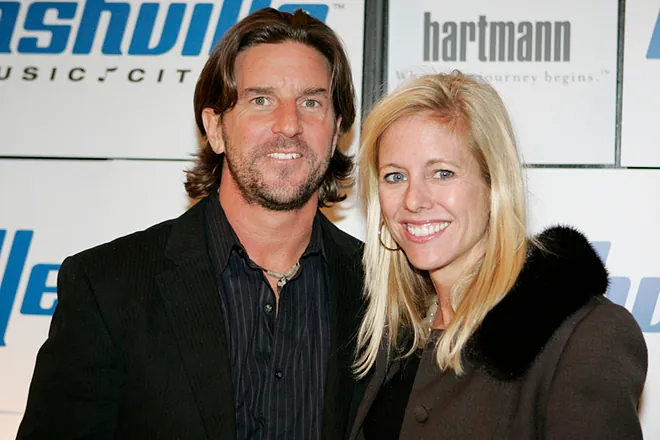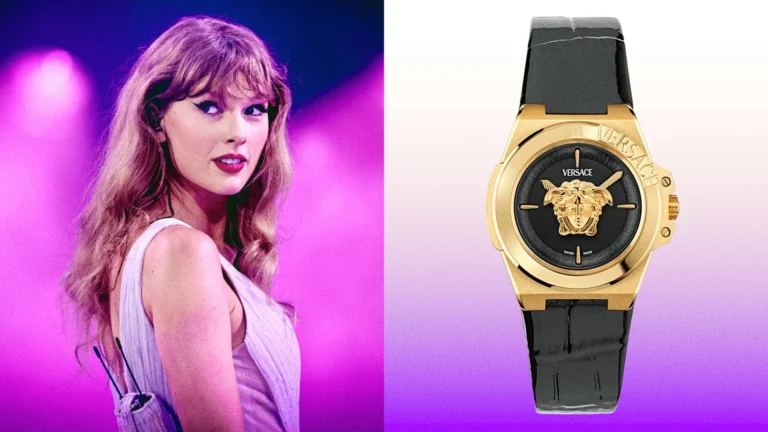A single word — “diva” — turned a lighthearted podcast exchange into a study in perception. When pop legend Mariah Carey called Meghan Markle a diva during their 2022 “Archetypes” conversation, she meant glamour, elegance, and aspirational confidence. Markle, conditioned by years of public scrutiny, heard something sharper — a label that in royal and tabloid circles can mean arrogance or difficulty.
This wasn’t just a celebrity anecdote. It was a snapshot of how language, especially when applied to women, carries layers of meaning far beyond the dictionary.

The Weight of ‘Diva’ in Pop Culture
- Origins of the term: From Italian opera, where diva simply meant “goddess” or leading lady, to its modern pop culture form — often implying a mix of talent, glamour, and high demands.
- Positive spin: Artists like Mariah Carey, Beyoncé, and Jennifer Lopez have embraced “diva” as a badge of achievement. In their hands, it’s shorthand for excellence and command of their craft.
- Negative undertones: In gossip coverage, “diva” often implies temperamental behavior or inflated ego. When applied to women, it can be a coded critique — especially when men in similar positions are simply called “confident” or “assertive.”
Mariah Carey’s Intent vs. Meghan Markle’s Reaction
- Carey’s comment: “It’s also the visual… let’s pretend that you weren’t so beautiful and didn’t have the whole thing… you wouldn’t maybe get as much diva.”
- Markle’s reflection: She admitted later she “started to sweat a little bit” and wondered if Carey was being critical before realizing it was meant as praise.
- Two cultural frames colliding: Carey operates in the hyperbolic, self-aware world of music stardom where “diva” is part of the performance. Markle, as a former royal and frequent tabloid target, knows the term can be twisted to suggest she’s out of touch or demanding.
How Audience Bias Shapes Meaning
The same word can be celebrated by one audience and weaponized by another:
- Music fans may hear “diva” as power, artistry, and control.
- Royal watchers may hear it as excess, vanity, or failure to conform to tradition.
- Media outlets know that ambiguous labels invite clicks — leaving readers to fill in the blanks with their own preconceptions.
Other Examples: When Language Bends the Narrative
1. Taylor Swift – “Calculated”
Swift has been described as “calculated” in business moves — a term that would often be called “strategic” if applied to men. She’s since leaned into it, openly acknowledging her planning as part of her artistry.
2. Serena Williams – “Emotional”
Williams’ passionate responses on court have been labeled “emotional” or “angry,” while male athletes displaying similar intensity are praised for competitiveness.
3. Madonna – “Provocative”
For decades, “provocative” has been used as both praise and censure for Madonna’s boundary-pushing performances, reflecting the tension between sexual agency and societal expectations.
4. Jennifer Lawrence – “Relatable”
While intended as a compliment, “relatable” can pigeonhole women into a box of non-threatening appeal, minimizing ambition or complexity.
Why Words Stick Harder to Women
- Gendered expectations: Women in the public eye are expected to balance confidence with humility, glamour with accessibility. Labels that suggest deviation from that balance stick quickly.
- Cultural shorthand: Media and audiences use a small set of go-to words — “diva,” “bossy,” “emotional” — as quick character sketches, reducing multidimensional figures to soundbites.
- Social media amplification: Once a label is applied, it becomes a hashtag, a meme, and a narrative that can be hard to shake.
The Power of Reclaiming Labels
Some women have chosen to flip the script:
- Beyoncé turned “diva” into a rallying cry in her 2008 hit, reframing it as a symbol of success and self-worth.
- Rihanna embraces “bad gal” as part of her brand identity, leaning into the idea of not playing by industry rules.
- Lizzo has proudly reclaimed “fat” as a neutral descriptor, dismantling its use as an insult.
Reclamation doesn’t erase the baggage, but it shifts the control of the narrative back to the person it’s describing.
The Meghan & Mariah Moment in Context
This exchange didn’t just reveal a difference in interpretation — it reflected two different survival strategies in the public eye:
- Mariah’s approach: Own the label, make it part of the spectacle, and neutralize criticism by embracing the exaggeration.
- Meghan’s approach: Push back against labels that could reinforce negative press, seeking to define herself outside the tabloid frame.
Both strategies can work — but they play to different audiences and career realities.
The Takeaway for Pop Culture
Language is a mirror — but the reflection changes depending on the angle. In the case of Meghan Markle and Mariah Carey, “diva” revealed more about the environments they navigate than about their personalities. It showed how women in the spotlight are constantly decoding, reframing, and sometimes defending against the words thrown at them.
In the end, the word didn’t just describe them. It told a story about us — the audience — and how ready we are to assign meaning before asking intent.







